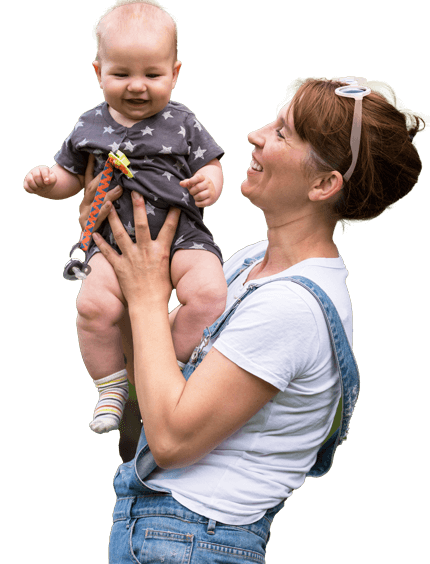Embarking on the journey of in vitro fertilization (IVF) can be an emotional and transformative experience. Years ago, we did not have good freezing techniques, but now the success rates are generally higher for frozen over fresh embryo transfers. In fact, most programs only do frozen transfers. You may have questions and concerns about what to expect. In this blog post, we will guide you through the post-FET phase and provide insights into what you may experience during this crucial waiting period.
PHYSICAL SENSATIONS:
Following the embryo transfer, you may experience some physical sensations. It is important to note that these sensations can vary from person to person and do not guarantee or negate pregnancy. Some common experiences include:Cramping: Mild abdominal cramping resembling menstrual cramps is a common occurrence after the transfer. This is caused by the manipulation of the uterus during the procedure and the hormonal changes. The actual implantation is often felt by women in the beginning of pregnancy. Your doctor may ask you to take a medication to reduce this.
Spotting: Light spotting or a small amount of vaginal bleeding may occur after the transfer. This can be attributed to the changes of the uterine lining or the implantation of the embryo.
Breast Tenderness: Sensitive or tender breasts can be a result of hormonal changes triggered by the fertility medications used during the IVF process.
EMOTIONAL ROLLER COASTER:
The post-FET period can be emotionally challenging. The anticipation, hope, and anxiety surrounding the outcome of the transfer can lead to emotional ups and downs. It’s important to recognize that these emotions are normal and valid. Consider implementing self-care strategies, such as engaging in relaxing activities, confiding in a supportive friend or partner, or seeking professional counseling to help navigate this emotional roller coaster.RESTRICTIONS AND PRECAUTIONS:
To optimize the chances of successful implantation and pregnancy, your fertility specialist may recommend certain restrictions and precautions during the post-FET period. These recommendations may include:Rest and Relaxation: It is advisable to take it easy for a couple of days after the transfer. While complete bed rest is no longer widely recommended, moderate physical activity, avoiding heavy lifting or strenuous exercise, and prioritizing rest can be beneficial.
Medication Regimen: Your doctor will prescribe medications, progesterone and estrogen supplements to support the uterine lining and improve implantation chances. Follow the prescribed medication regimen carefully and consult your doctor if you have any concerns or side effects. We recommend the use of ibuprofen to lessen the cramping as we believe this may help implantation.
Avoiding Certain Substances: It is crucial to avoid substances that can potentially harm the embryo, such as alcohol, tobacco, recreational drugs, and certain medications not approved by your fertility specialist.
THE TWO-WEEK WAIT:
The post-FET period is often referred to as the “two-week wait” (TWW), as this is the approximate time it takes for implantation to occur and for a pregnancy test to detect the presence of the hormone hCG. The TWW can be an anxious and emotionally challenging time. It is important to stay occupied and engaged in activities that bring you joy and help you manage stress.PREGNANCY TEST:
After the two-week wait, you will have a scheduled appointment with your fertility specialist for a pregnancy test. While home pregnancy tests may provide earlier results, it is essential to rely on the blood test administered by your doctor for accurate results. If the test confirms pregnancy, congratulations! Your doctor will guide you further in your prenatal care. If the test is negative, it is important to seek support from your healthcare provider to discuss the next steps and explore potential reasons for the negative result.The frozen embryo transfer is a crucial milestone in the IVF journey. While everyone’s experience will be unique, it is important to be aware of the common physical sensations, emotional fluctuations, restrictions, and precautions during the post-FET period. Remember to reach out to your fertility specialist for any concerns or questions you may have along the way. Patience, self-care, and support from your loved ones will help you navigate this waiting period with resilience and hope.




